By Christian Veyre.
Woleet is a fledgling Rennes startup on the cusp of leaving the nest of the Télécom Bretagne incubator and spreading its wings. It specializes in securing sensitive data flows using blockchain, a protocol that enables the tracking of information flows and that operates without a central controlling body. And for Gilles Cadigan, it is essential that this remain the case!
“The old models of trusted third parties are incompatible with the digital world. Their utility will gradually diminish and they will eventually disappear. It’s inevitable!” The sentence falls like a ton of bricks.
“Reliably identify and authenticate data”
Gilles Cadigan resumes his demonstration undeterred. Both lucid, and pragmatic. “Digitization requires us to rethink our relationship with data and documents. Thanks to blockchain, we can now reliably and permanently identify and authenticate data. Without even having to reveal its contents.”
Welcome to the future! A “trustless” world that has completely shrugged off the question of trust in favour of the notion of proof. “Woleet is a middleware solution (halfway between a business application and technical infrastructure)”, Gilles Cadignan continues, “which allows data or signatures to be anchored in the Blockchain to create timestamped, universal, interoperable proof of existence.” And, more importantly, it’s impossible to falsify!
In other words, a simple, efficient, effective and nearly instant method of guaranteeing the existence, precedence, authenticity and origin of a document which is visible to all while securing the digital contractual chain. With no possibility of dispute, as it’s all archived and transparent between the authorized parties.
It’s time for reconciliation!
In the future, using email or a simple application, everyone will be able to demonstrate and prove that an email has been sent or received, and to authenticate any document in the world.
An innovation that can revolutionize the ‘good old bilateral contract’ at the same time as the act of purchase: “With blockchain, we are moving towards smart contracts (like Codius or Ethereum). In the near future, each party will be able to file their documents on the blockchain (or at least a digital impression of these documents). The shared register will evolve within a community. It is the system itself that will guarantee the deal or transaction. This technology represents a paradigm shift!” says Gilles Cadignan. “Enforcement and enforceability are over. It is now the era of reconciliation with a guarantee of maximum security.”
“Blockchain is only useful in hostile environments”
There are countless fields of inquiry and applications. From the meaningless to the strategic, via the anecdotal and unexplored territories such as citizenship and the democratic process: “Communities and institutions are beginning to take an interest, not only with regard to the virtualization of tender procedures. We are currently working on a project for a group of municipalities that will enable convocations to be sent to elected officials with valid acknowledgement of receipt in return.”
Blockchain is, thus, both an object and a subject with regard to governance: “Blockchain is only useful in hostile environments. Its governance is based on decentralized, independent consensus. It’s in its DNA, in its technical protocol. And it works well!”
Originally published in Ouest-France “Blockchain : la promesse d’une gouvernance (re)distribuée.“

